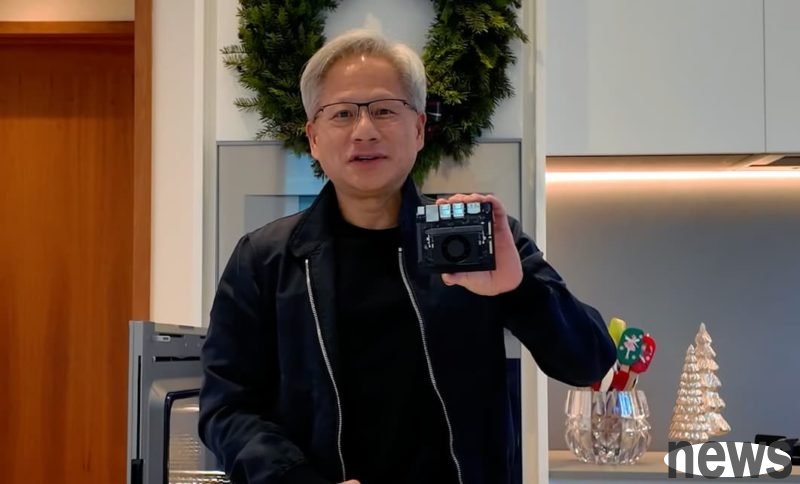According to foreign media reports, the US technology giant NVIDIA (Nvidia) and Ultramicro (AMD) recently reached a agreement with the US government to describe it as "unprecedented in history". The two companies will purchase 15% of the s...

According to foreign media reports, the US technology giant NVIDIA (Nvidia) and Ultramicro (AMD) recently reached a agreement with the US government to describe it as "unprecedented in history". The two companies will purchase 15% of the sales of AI chips in China to the US government to exchange export permits to return to the Chinese market.
The background stems from the US government's export controls on high-performance AI chips. Although NVIDIAH20 and Ultramicro MI308 chips were originally deliberately designed below the performance gate to comply with the Biden administration's 2023 regulations and retain the Chinese market, the Trump administration further tightened the ban in April 2025, causing the two chips to be completely banned, resulting in potential sales of billions of dollars into U.S. dollars. According to external estimates, NVIDIA could have sold 1.5 million H20 tablets in China in 2025, worth about US$23 billion. The situation did not change until NVIDIA executive director Huang Ren-cheon went to Baigong to meet Trump, and the US Department of Commerce's Industry and Security Bureau began issuing permits.
The agreement stipulates that NVIDIA and Ultramicro must pay fees to the US government at 15% of the Chinese market sales amount, and the calculation is based on revenue rather than profit. American officials admitted that this is the first time that an enterprise directly shared revenue in order to obtain export permissions. Officials have shifted the policy toward amid progress in Sino-US trade debates, including Beijing's relaxation of rare earth export controls and the Huafu's broader restrictions on chip design software companies. But the outside world generally believes that this continues the Trump administration's "transaction-changing treatment." Critics pointed out that if the chips are still regarded as a National Aggressive threat in April, why can they be exported after paying? Some even argued that "will Lockheed Martin sell F-35 to China with a 15% commission?"
For NVIDIA, although the 15% merchandise price is high, it is still acceptable compared to completely losing the Chinese market, and it will help maintain its global AI leadership position and avoid repeating the coverage of the US 5G sector failure. Supermicro was originally behind NVIDIA in the AI hardware market, and this agreement may also bring a strategic breakthrough. To the two companies, they "paid the road fee" to exchange reports in the big market, and they won the battle for the rivals.
Huaer Street generally holds a positive attitude towards the recovery of sales in China. But marketers warned that this reflects the high market access costs and inconsistencies faced by technology suppliers in the political scrutiny of the land. Although China has not blocked imports, it has started security review of NVIDIA chips, including asking possible "back door" vulnerabilities, which NVIDIA has completely rejected. Therefore, the 15% cash collection incident in this event has become a consequential measure of Sino-US relations, that is, the two countries are seeking a balance between competition, dependence and transactions. Although the two sides have 90 days off on tax closures and technical access, the long-term agreement has not yet been confirmed, and enterprises can only continue to move forward with complex political rights in the land.